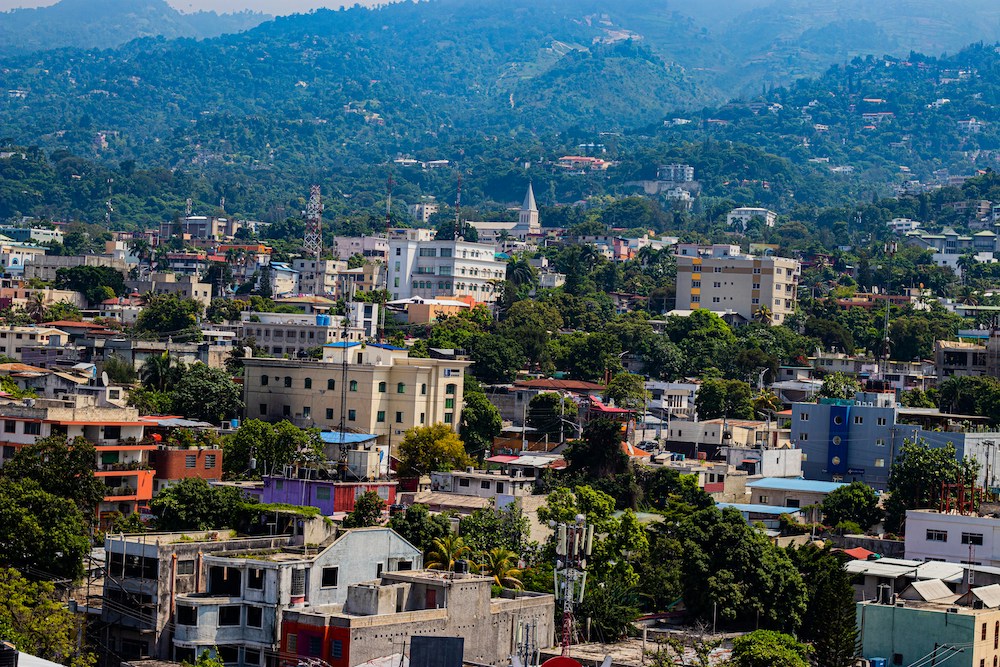Knowledge, Attitudes, and Practices on Trafficking in Persons in Haiti

Funded by HTRI and in collaboration with Lumos Foundation, researchers examined the attitudes and practices of people who place children in residential institutions, place children in child-domestic work, or employ child-domestic workers in their homes.
Internal and cross-border trafficking of people in Haiti remains an important challenge, with an estimated 59,000 Haitians living in situations of modern slavery. Children are regularly trafficked to residential institutions as well as for child domestic servitude (CDS), a socially normative practice known as restavek. Funded by HTRI and in collaboration with Lumos Foundation, researchers examined the attitudes and practices of people who place children in residential institutions, place children in child-domestic work, or employ child-domestic workers in their homes. Results will be used to provide conceptually-grounded insights to inform an anti-trafficking Behavior Change Campaign.
Results are forthcoming.
Research & Implementing Partner













